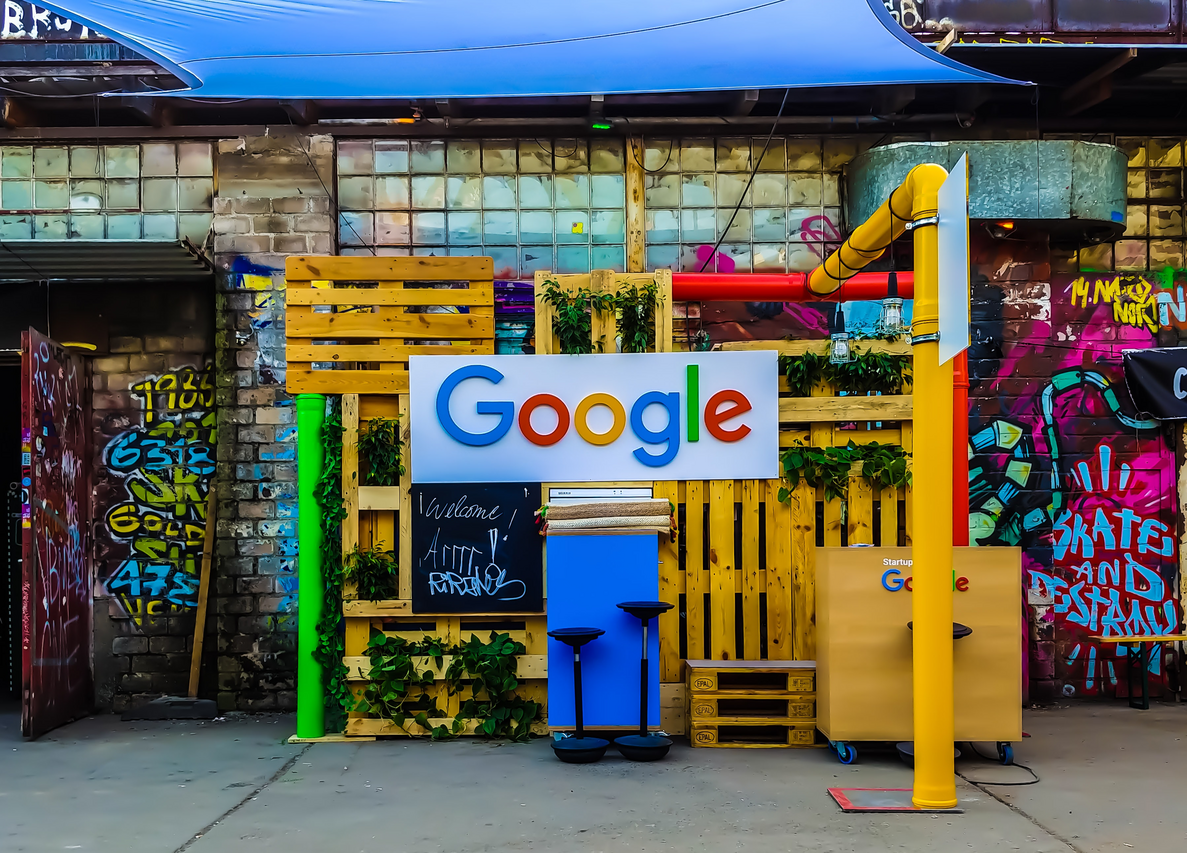What to expect from Google’s third-party cookie ban
Barney Bruce-Smythe, VP (London)

We discuss Google’s decision to replace third party browser cookies with their proprietary FLoC solution. We also cover the alternative datasets we expect to be affected as the firm begin to phase out cookies by 2022.
THE ROLE OF THE THIRD PARTY COOKIE
The browser cookie refers to a small piece of data stored on a website visitors’ device for the purpose of retaining information that can be used by a publisher to increase the functionality of their website (e.g. log-in credentials).
Browser cookies can generally be classed as either:
- First party cookies – those that are hosted on a website and belong to the website publisher.
- Third party cookies – those that are hosted on a website and belong to an external third party.
The latter have largely been used by ad tech companies to